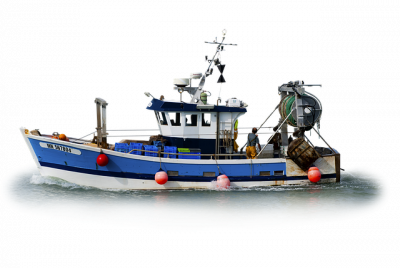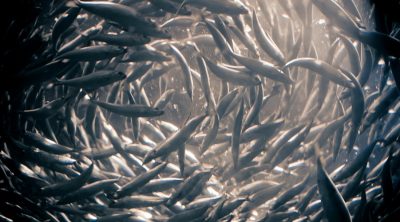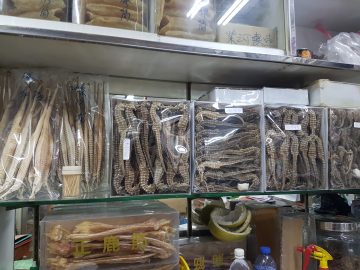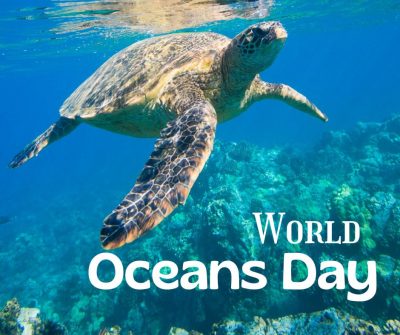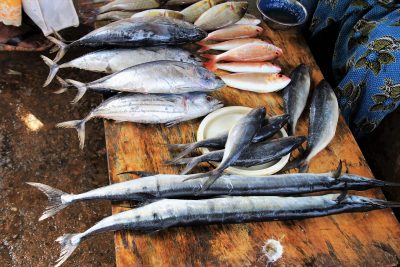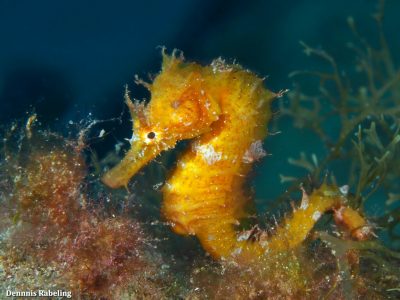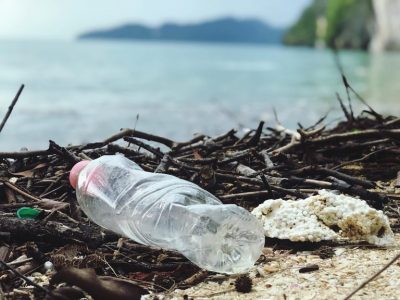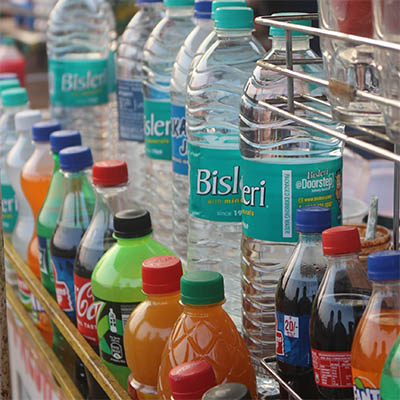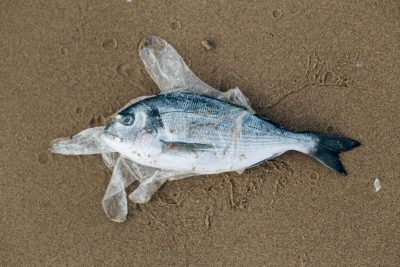New FCRR: Understanding the fishers to change the fishery in the bottom trawl industry in India
The report unravels the drivers and motivations that entice fishers and the fishery to start, engage in, and stop bottom trawling in India. Understanding the nuances within communities rather than viewing them as one entity is paramount for designing equitable policies. Moreover, the study highlights a pressing reality: fishers do not always want to fish and are sometimes forced to remain in the bottom trawl industry. Recognizing and addressing these insights are paramount in effectively constraining bottom trawling.
Market-based solution makes the case for blue carbon
Over 120 million tonnes of carbon dioxide equivalent could be sequestered every year by 2050 by applying a market-based solution (MBS) to global fisheries that would allow fishers to decide whether – at certain times – it is more profitable to go fish or to remain at port.
New FCRR: Implementation of CITES Appendix II listing for seahorses in the context of export bans and suspensions
Despite measures taken by the Convention on International Trade in Endangered Species (CITES), most dried seahorse exports appear to have gone underground, and smuggling is now the norm. The report explores the many reasons driving this illegal trade and then identifies ways forward.
World Oceans Day: ‘In one word, what does the ocean mean to you?’
Discover what the ocean means to us here at the Institute for the Oceans and Fisheries!
New FCRR: Global Fisheries: Livelihood Impacts of Overfishing. Technical Report: November 30, 2022
This technical report supports what researchers have been saying for many years – we urgently need to rebuild overfished fish stocks in order to recoup the current economic and social benefits that are inescapable with current catch loss.
New FCRR: Comprehensive review of advances in life history knowledge for 35 seahorse species, drawn from community science
In this Fisheries Centre Research Report the authors have undertaken the task of synthesizing and analyzing data contributed to the iSeahorse community science project.
It’s time to classify plastics as persistent, bioaccumulative and toxic pollutants
Researchers from around the world are urging the international community to recognize the full environmental and health threat of plastics and categorize them as persistent, bio-accumulative and toxic (PBT) pollutants.
Tips for reducing your plastic use
Here are some clever tips on how to reduce your plastic use.
May 25 is International Plastic Free Day!
Plastic is everywhere. It’s in our oceans, coastal areas, and buried deep in the soil. It’s in our food and our water, and wreaks havoc on the natural world around us.
